‘We are in the covenant’: Hezbollah leaders' funeral a rallying cry for resistance
By Ghadir Khumm
The funeral procession of martyred Hezbollah leaders Sayyed Hassan Nasrallah and Sayyed Hashem Safieddine at Beirut’s Camille Chamoun Sports City Stadium was an exemplary demonstration of people’s resolve and conviction to carry forward the torch of resistance.
The event was incredibly emotional, with an estimated attendance of over 1.4 million people who flocked to the Lebanese capital from across the world, defying threats and restrictions.
Hundreds of thousands filled the stadium in Beirut and its surrounding areas, while many traveled from southern Lebanon and the Bekaa, some even walking long distances to Beirut to arrive on time.
The stadium quickly reached capacity, leaving tens of thousands standing in densely packed crowds outside. The atmosphere was marked by a sea of flags representing various movements and nations.
The most prominent were Hezbollah’s red and yellow flags, with red symbolizing the blood of the martyrs. Alongside them, the Lebanese flag and those of Iraq’s Popular Mobilization Forces (Quwwāt al-Hashd ash-Sha’bī), and the Lebanese Amal Movement (Harakat Amal) were also raised.
The flags of the Islamic Republic of Iran, Ireland, Tunisia, Turkey, Algeria, Yemen (including its resistance slogan), Syria, and Palestine also appeared during the massive funeral ceremony, reflecting the solidarity and significance of the moment as millions gathered to honor the martyred Hezbollah leaders.
A particularly striking moment during the funeral procession occurred when four Israeli occupation jets violated Lebanese sovereignty as the coffins of Martyr Nasrallah and Martyr Safieddine were being carried around the stadium, passing among the hordes of people.
As the warplanes flew over the funeral, the attendees defiantly chanted: “Death to Israel, Death to America, Labbaik Ya Nasrallah” (We are at your service, O’ Nasrallah). This act was not only a humiliation for the cowardly Zionist enemy but also a testament to the resilience and fearlessness of the people.
The Lebanese people had already endured immense suffering, especially late last year, following relentless bombings on southern Lebanon and Dahiyeh suburbs. Homes and buildings were leveled, and the pager terrorism claimed more than a dozen lives, leaving over 4,000 injured, including children.
Global tributes pour in as Beirut mourns martyred Hezbollah leaders Nasrallah and Safieddine.
— Press TV 🔻 (@PressTV) February 24, 2025
Follow: https://t.co/GKZwI4ehqL pic.twitter.com/pWe70TEGFL
Just weeks later, the martyrdom of Sayyed Nasrallah added to the nation’s grief. Yet, despite all this pain and loss, the presence of enemy warplanes over the funeral held no weight.
It was meant as a form of intimidation, but the people stood unshaken, reaffirming their pledge of allegiance to the principles and values that the martyred leaders upheld all their lives.
A significant moment during the funeral was the call from Palestinian resistance factions in Gaza and Palestine urging their people in Lebanon to attend the funeral procession of the two martyrs.
Attendees waved Hamas flags with other political and resistance banners, which not only silenced sectarian debates but also challenged those who supported Hamas while opposing Hezbollah.
The Islamic Jihad Movement in Palestine also issued a statement declaring that the nation was bidding farewell to two iconic leaders of the resistance who had sacrificed their lives and their sons on the path to occupied Al-Quds, urging participation as a tribute to Gaza’s liberation struggle.
At the same time, Palestinians continued to honor the memory of Martyr Nasrallah and his comrades, even in the face of ongoing genocidal war, remembering their glorious sacrifices.
In stark contrast, Palestinian Authority forces raided a memorial gathering, tearing down Hezbollah flags, assaulting attendees, and detaining a journalist in an attempt to silence expressions of solidarity.
Palestinian resistance factions, including the Democratic Front for the Liberation of Palestine (DFLP), condemned the brutal crackdown, calling it a violation of civil liberties and a betrayal of national unity at a time when Palestinians should be united against the Zionist occupation.
Yet, despite these attempts to suppress their voices, the people's unwavering commitment to Sayyed Nasrallah’s illustrious legacy proved that his influence transcends borders.
These expressions of solidarity extended far beyond Lebanon. In New York City, a vigil was held in response to the resistance’s call to commemorate Sayyed Nasrallah’s martyrdom.
Grand funeral of Nasrallah, Safieddine: Two icons of Resistance
— Press TV 🔻 (@PressTV) February 23, 2025
Crowds in hundreds of thousands honor Sayyed Hassan Nasrallah, and his companion Sayyed Hashem Safieddine – two icons of Resistance.
Follow Press TV on Telegram: https://t.co/B3zXG73Jym pic.twitter.com/xT13SikgLP
Attendees at the vigil not only paid tribute but also faced off against Zionist vigilantes and fascist trouble-mongers, standing firm in their defiance. Images displayed at the event included figures of Sayyed Nasrallah, Sayyed Safieddine, Yahya Sinwar, Ismail Haniyeh, and Qassem Soleimani, symbolizing the interconnected struggle of resistance movements across the region.
Back in Beirut, amid the sea of mourners, a deeply moving sight was that of Mohammad Mahdi Nasrallah and Mohammad Jawad Nasrallah, sons of Sayyed Nasrallah, bidding adieu to their father.
Standing close to the coffins on top of a bud was Hajj Abu Ali, Sayyed Nasrallah’s longtime and loyal bodyguard. His presence was a pleasant surprise as many thought he was martyred.
Abu Ali stood inside the truck, close to the coffins, gently wiping people’s keffiyeh and clothing on them before handing them back to the mourners.
Later, he was seen sitting alone inside the truck beside the coffins, a moment both beautiful and heartbreaking. A man who had dedicated his life to protecting the Hezbollah leader remained by his side until the end.
This funeral procession was not merely an emotional farewell. It was a profound declaration of unity, resilience, and unwavering loyalty to the resistance movement and its fallen leaders.
It was a moment that resonated far beyond Lebanon, sending a clear message to the world—and to Zionist media in particular—about the deep love the people have for Hezbollah. This is a people who cannot be broken, for they do not see martyrdom as an end, but as the beginning of an eternal legacy.
Though the martyrdom of Sayyed Nasrallah leaves a wound that weighs heavy on the heart, his legacy transcends time. He has been, and will always be, an enduring source of inspiration for millions.
His voice will echo in every battle for justice, his path will be walked by future generations until the liberation of Palestine, and his light will never fade.
Ghadir Khumm is a university student in Canada pursuing a master’s degree, focusing on postcolonial studies while dedicating her time to international relations.
(The views expressed in this article do not necessarily reflect those of Press TV)
Hamas: Israel escalating ceasefire violations in Gaza
Venezuela's government declares unwavering unity behind Maduro
VIDEO | Global outcry over Venezuela president abduction
Iran keeps wheat import subsidies despite cutting other food supports
Venezuelan military stands with acting president after US kidnapping of Maduro
VIDEO | Press TV's news headlines
VIDEO | Protesters in Toronto slam US kidnapping of Venezuelan president
Israeli troops detain, intimidate Palestinian toddler in West Bank


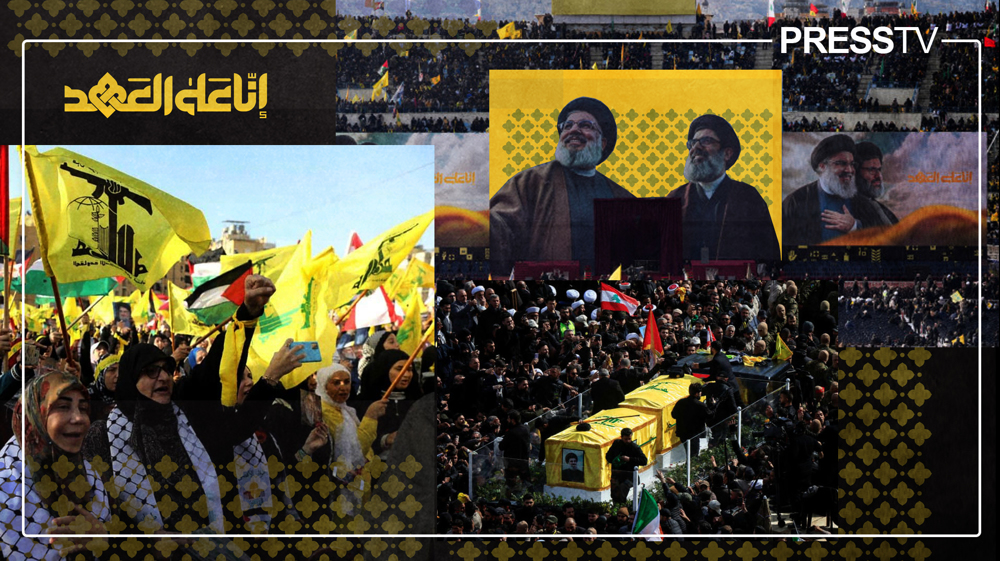
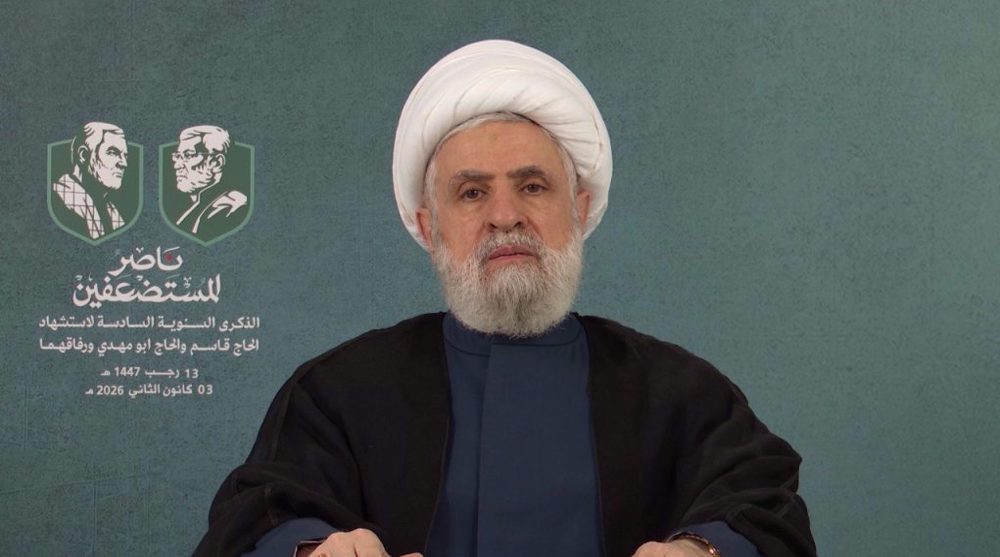
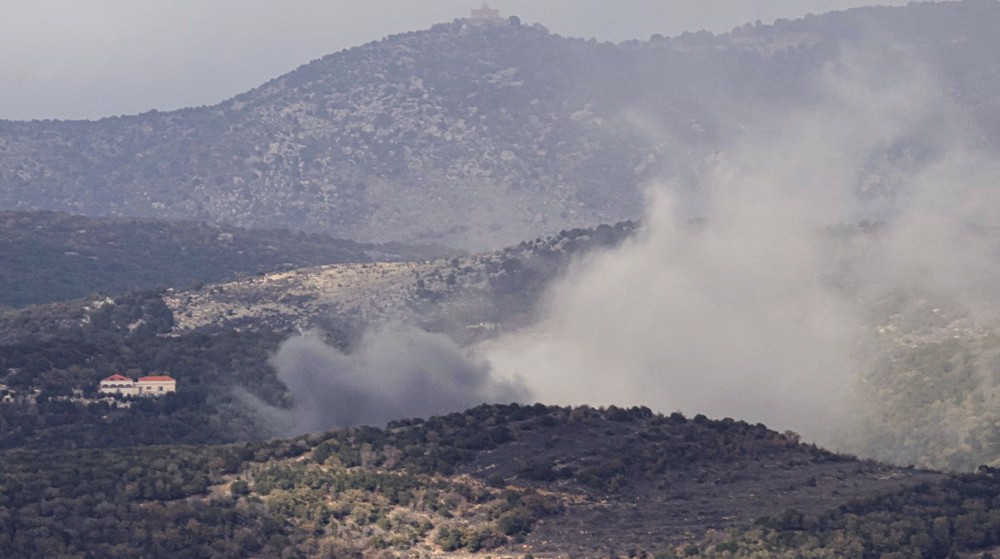
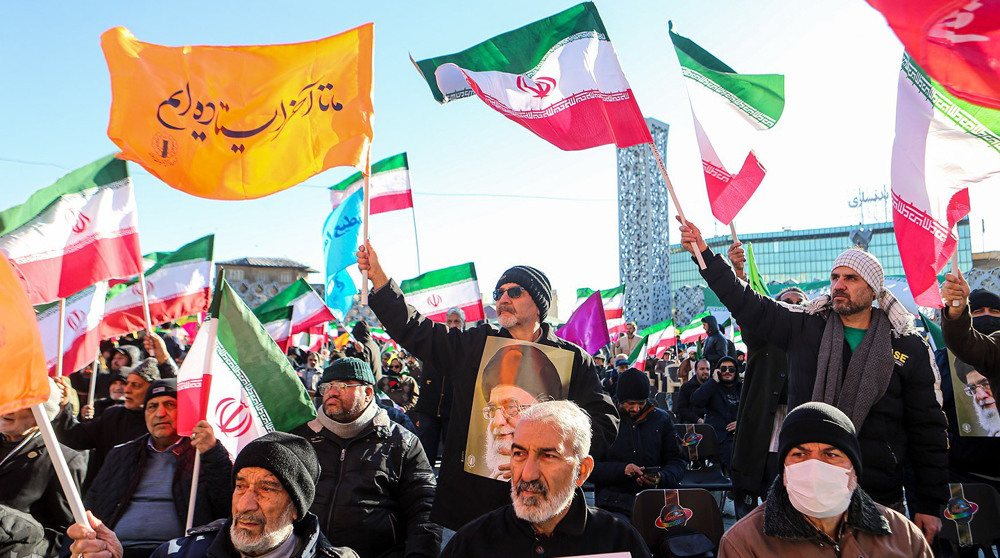



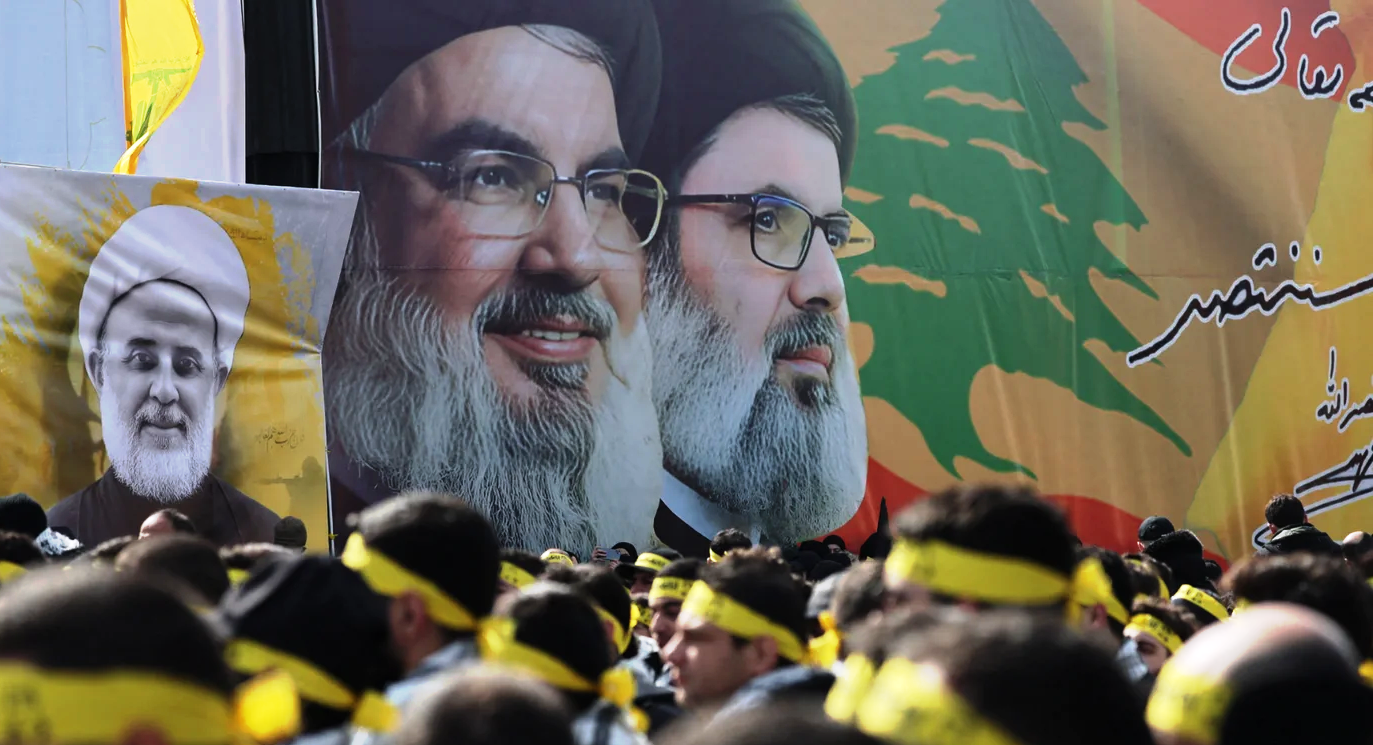
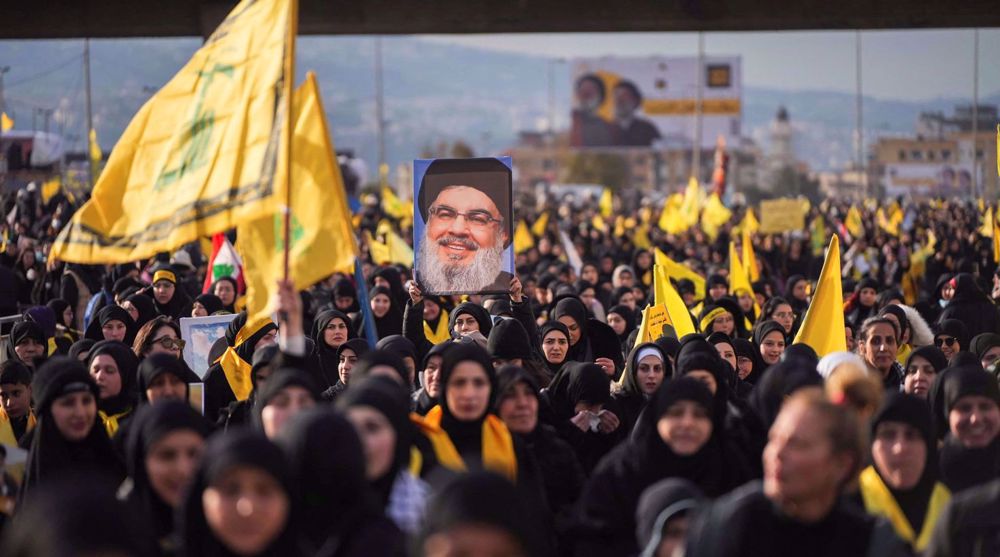
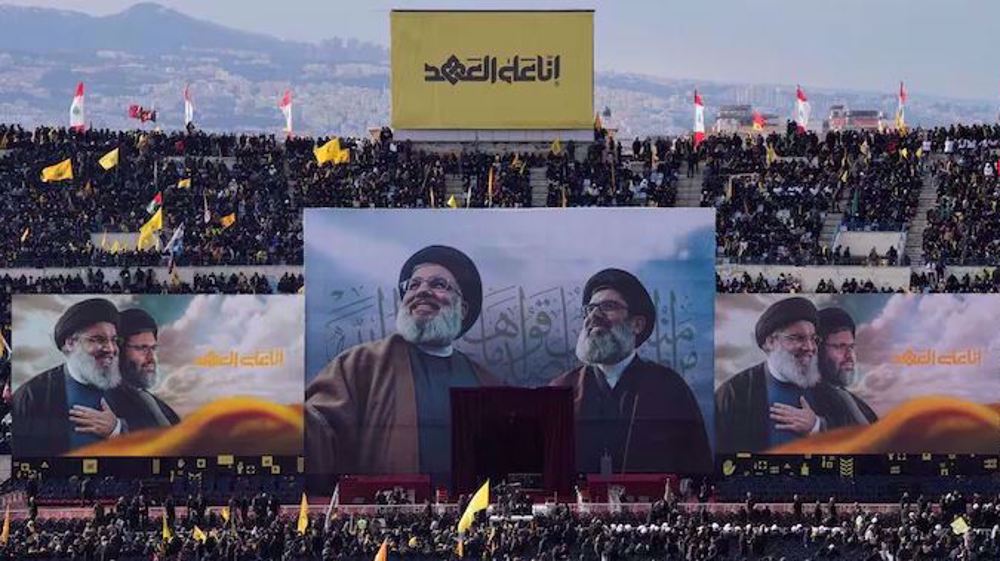

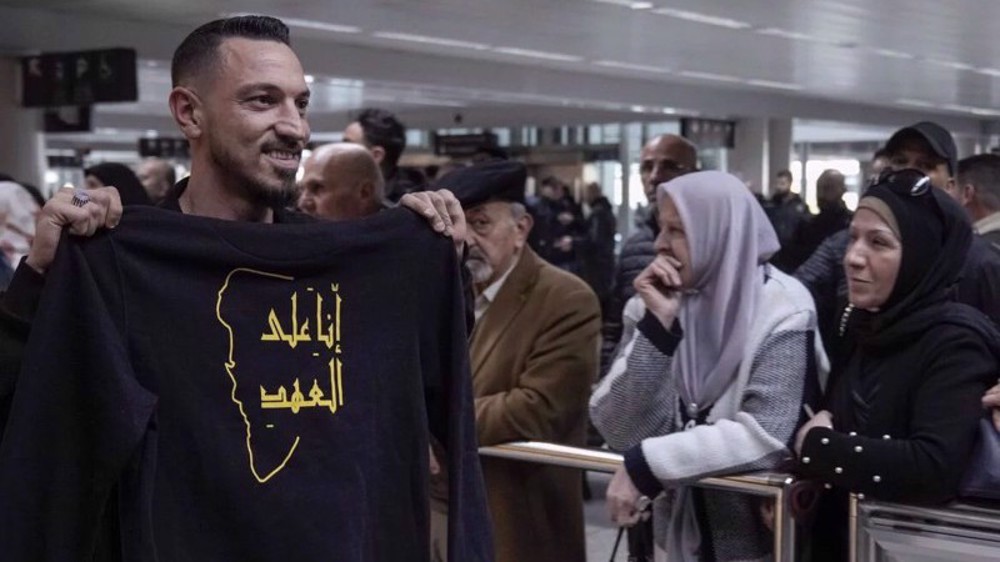

 This makes it easy to access the Press TV website
This makes it easy to access the Press TV website